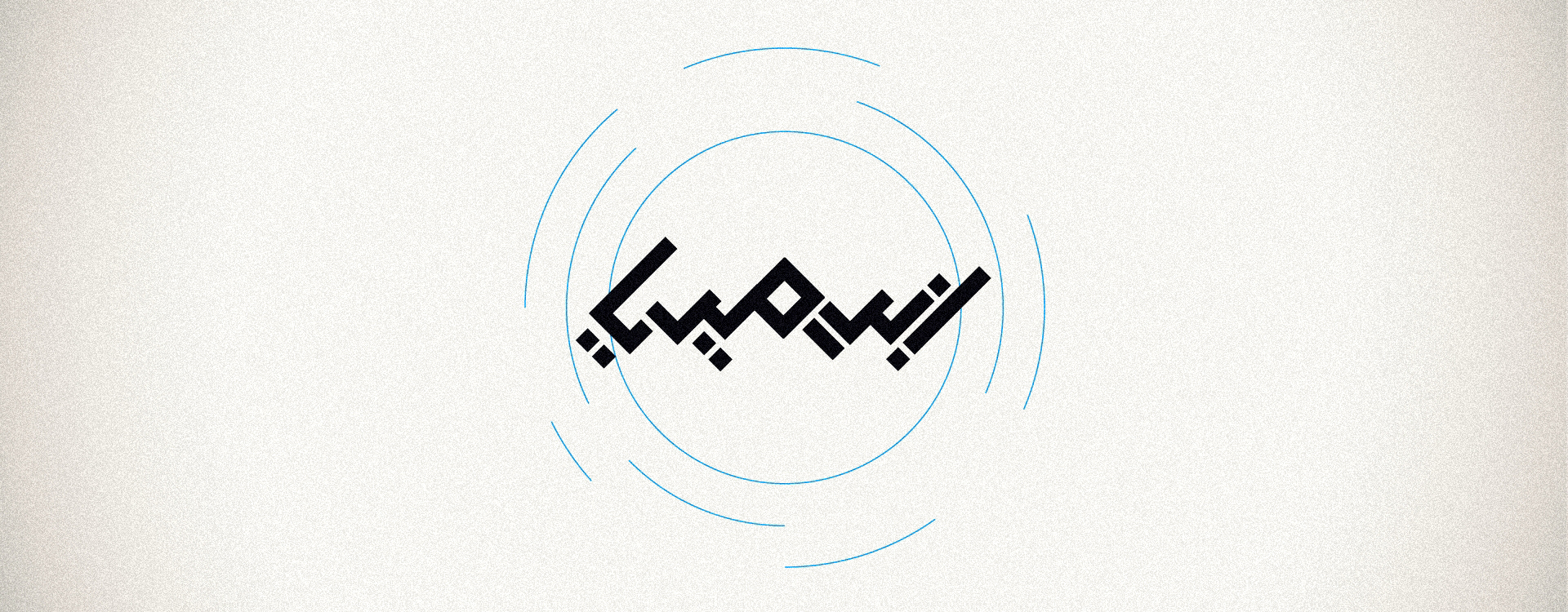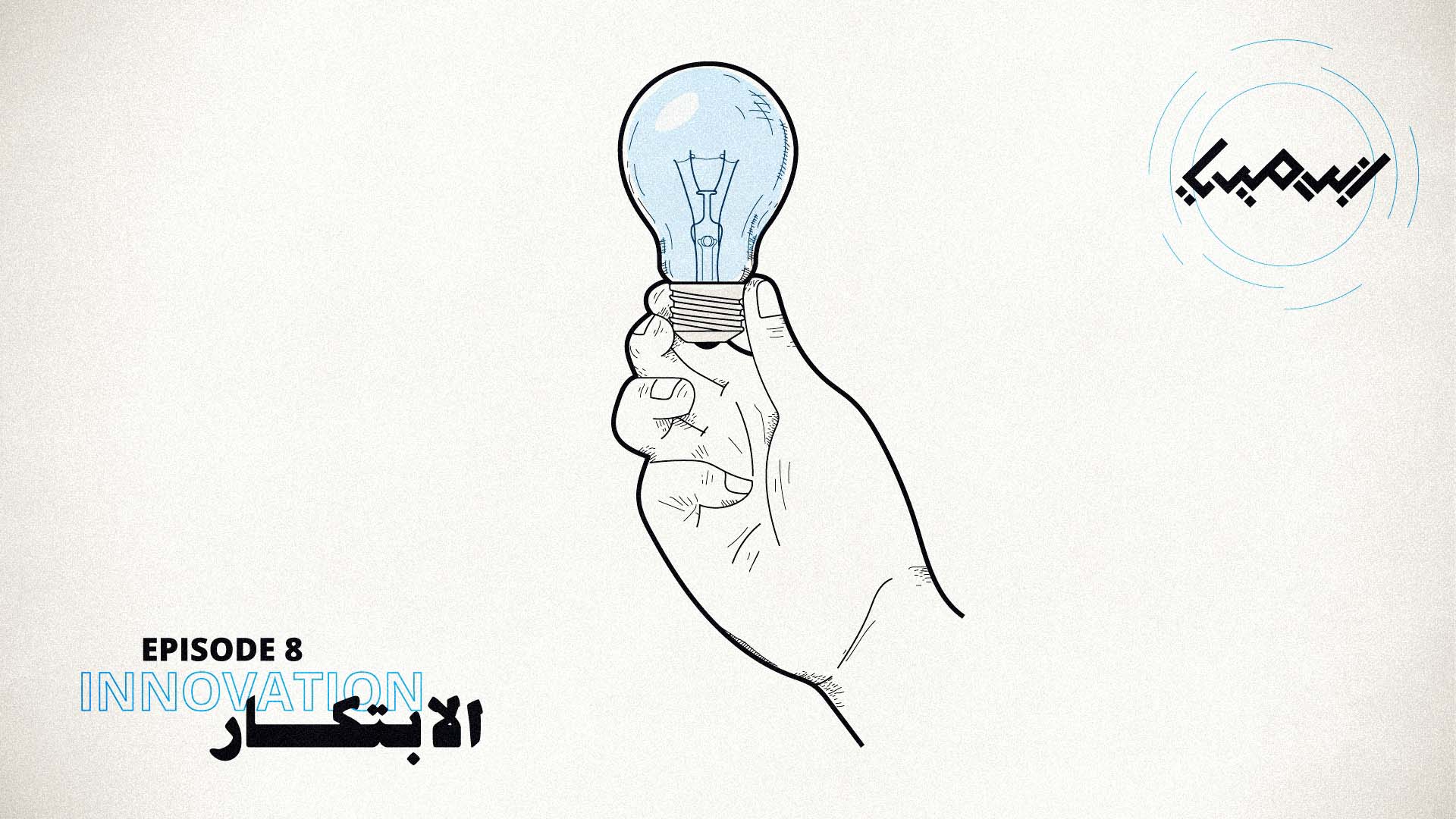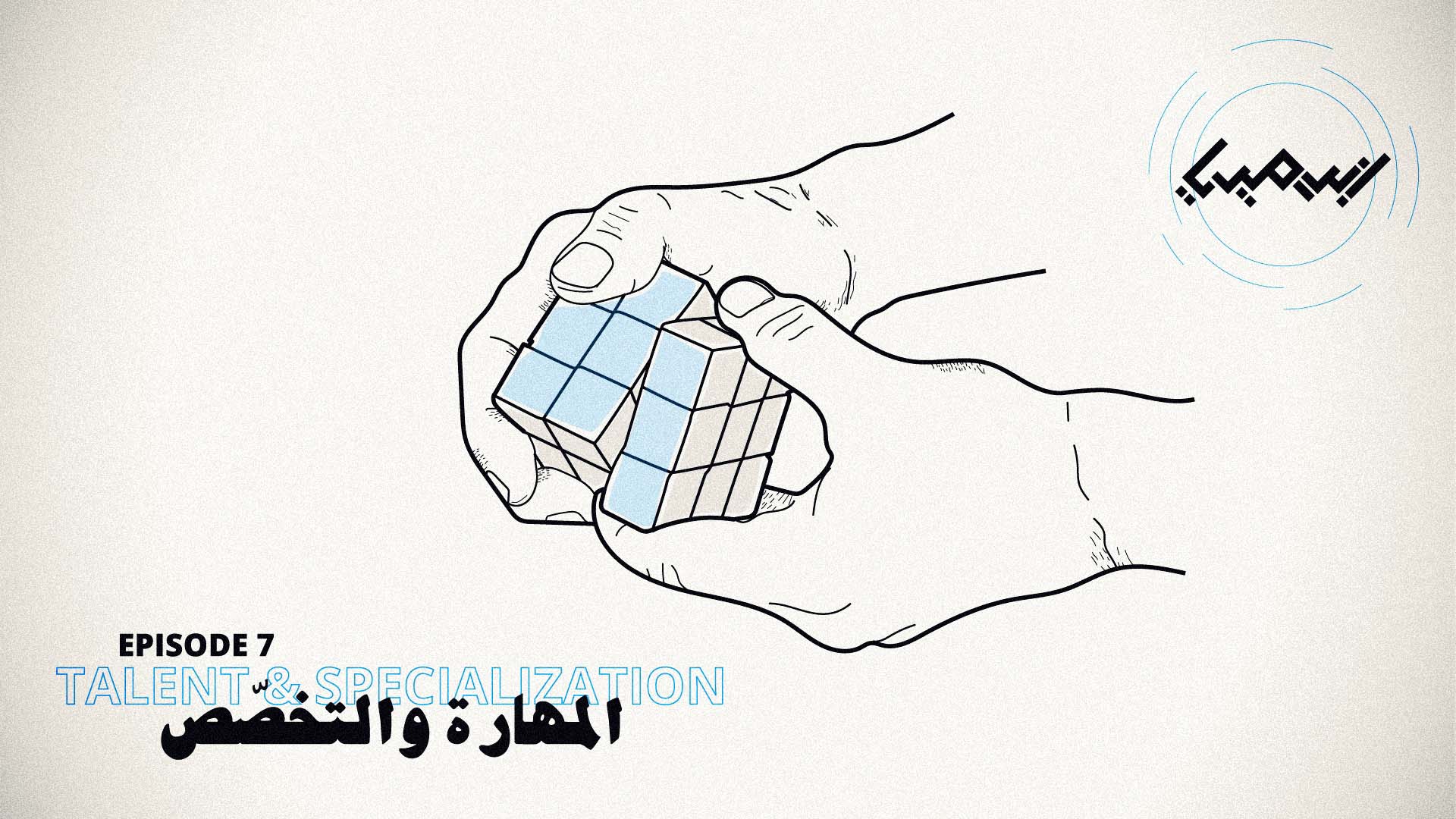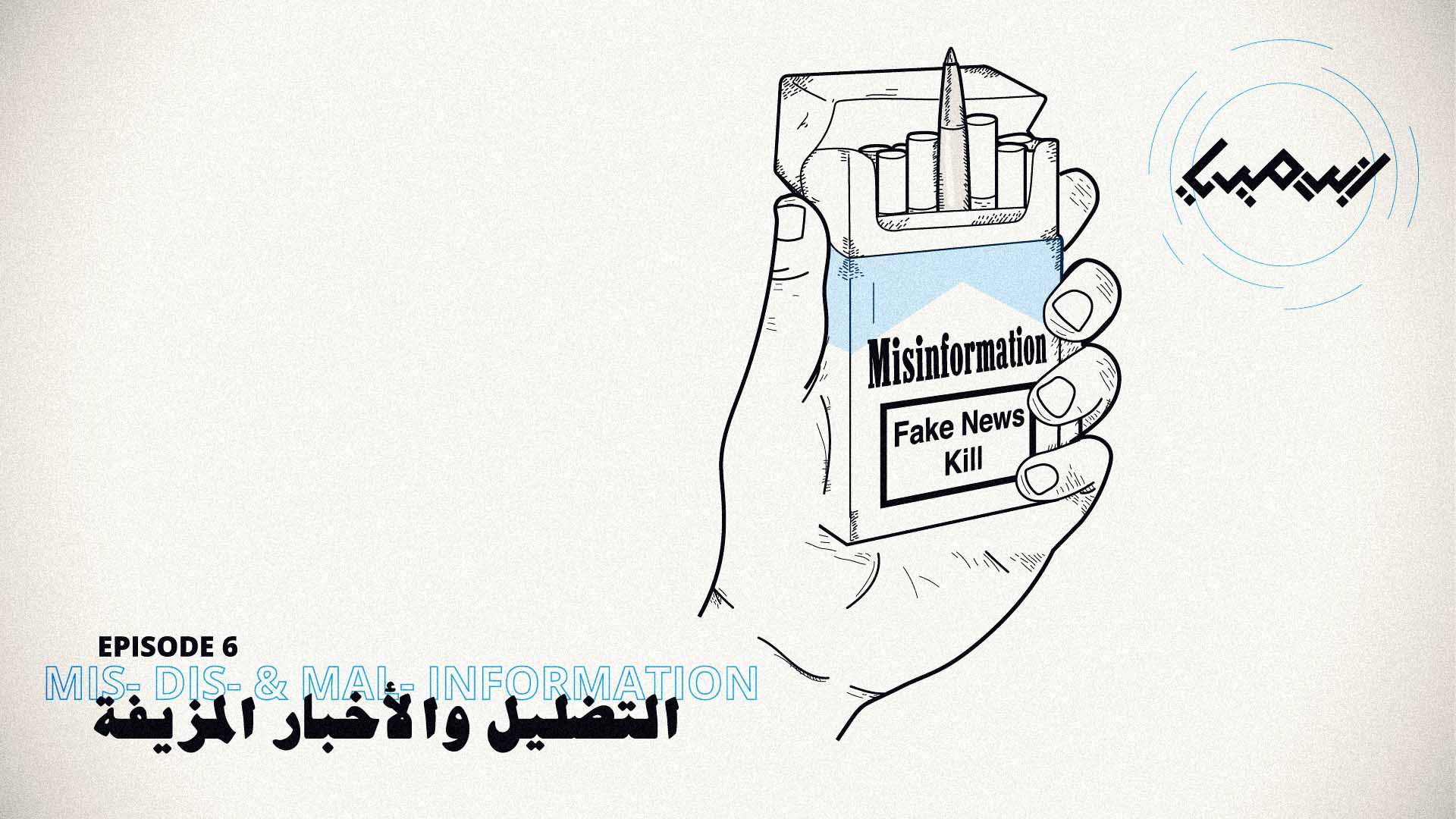| EPISODE 5
Algorithms
Created by
Sowt
Inkyfada Podcast
Directed and presented by
Rana Daoud
Montage
Andhouni Hana
Illustration
Marwen Ben Mustapha
In the fifth episode, Rana Daoud explores the world of algorithms, which are used by platforms and businesses to understand user behaviour as accurately as possible.
In what way can the media utilise this digital tool, and why? In order to reach the maximum amount of potential readers, it is nowadays necessary to use social networks and their algorithms, which have become an integral part of communication strategies.
But algorithms are first and foremost numbers that prioritise trends over content quality. Samia Ayech believes that in the race for hits and clicks, some media outlets can lose sight of what should be their primary goal: the creation of relevant and informative content.
Tareq Khamees and Mohamed Najem also denounce the abusive policies of Facebook, whose algorithms have removed many of their posts about the situation in Palestine because they contained words such as " martyr" or Hamas. Algorithms have thus become necessary but can easily have a negative impact on the dissemination of independent and high-quality information,
Episode guests, in order of appearance:
Mohamed Najem, Executive Director at Smex.
Tareq Khamees, Editor-in-Chief at Metras.
Samia Ayech, Journalism Trainer at Sayich.
Follow Sowt on social networks: Facebook, Twitter, Instagram
Indymedia
Latest episodes
| EPISODE 8
Innovation
| EPISODE 7
Talent & Specialization
| EPISODE 6
Mis- Dis- & Mal- Information
ABOUT
Inkyfada Podcast is the first platform entirely dedicated to original Tunisian podcasts, and was conceived by Inkyfada media in collaboration with the in-house research and development laboratory, InkyLab. Inkyfada joined the global podcast boom in 2017, when the team produced the first Tunisian audio documentary, diving deep into the belly of the El Kamour struggle taking place in the desert. Since then, Inkyfada Podcast has produced a wide variety of documentaries, investigations, and podcast series, as well as articles accompanied by music; covering a multitude of contemporary issues in order to offer an immersive and alternative podcast experience. Whilst exclusively offering audio content, the Inkyfada Podcast team upholds the same core values and principles of inkyfada.com, and is committed to producing high quality content though a dynamic and meticulous production process. In addition to the permanent team, Inkyfada podcast works closely with various journalists, artists, illustrators, musicians and other content creators in order to diversify the platform and support artistic creativity. These podcasts differ from traditional radiophonic content in that the applied production and editing process is more akin to cinematographic techniques, in addition to being web-based, downloadable and accessible on demand. Additionally, Inkyfada Podcast uniquely offers subtitles in French, Arabic and English for all audio content, the majority of which is recorded in Tunisian or in the preferred language of the speaker in question.







